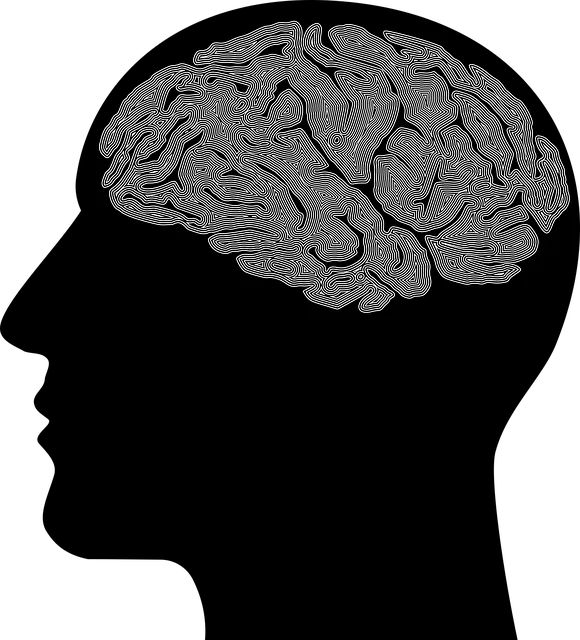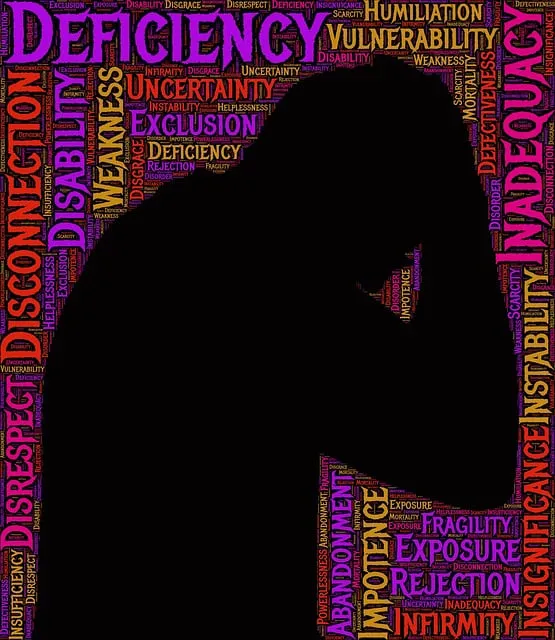Emotion regulation, as highlighted by Westminster Kaiser Permanente psychiatry reviews, is a crucial skill for managing and understanding feelings effectively. Mental health professionals guide this process through crisis intervention, risk management planning, and evidence-based practices tailored to individual needs, focusing on conditions like anxiety and stress. Popular techniques backed by research include mindfulness meditation, cognitive behavioral therapy (CBT), self-care practices, structured CBT, and mindfulness meditation combined with activities like exercise and adequate sleep. Learning these emotion regulation skills, as emphasized in the reviews, enhances resilience, improves emotional well-being, fosters healthier relationships, aids decision-making, and provides stability during stressful situations.
Emotion regulation techniques are essential tools for managing mental health, with techniques ranging from mindfulness to cognitive behavioral therapy. This comprehensive guide delves into the fundamental aspects of emotion regulation, exploring its significance and the pivotal role played by psychiatry in teaching these skills. Drawing insights from Westminster Kaiser Permanente psychiatry reviews, we dissect popular strategies and provide practical advice on implementing and maintaining emotional well-being through learning.
- Understanding Emotion Regulation: Unraveling the Basics
- The Role of Psychiatry in Teaching Emotion Regulation Techniques
- Effective Strategies: A Deep Dive into Popular Techniques
- Implementing and Maintaining Emotional Well-being Through Learning
Understanding Emotion Regulation: Unraveling the Basics

Emotion regulation is a crucial skill that involves understanding and managing one’s feelings effectively. It is a process that enables individuals to respond to strong emotions in healthy and constructive ways, rather than being overwhelmed by them. By learning emotion regulation techniques, people can improve their overall well-being and mental resilience. This concept is especially significant for those seeking support through psychiatry services, such as those reviewed by Westminster Kaiser Permanente.
The basics of emotion regulation start with recognizing and identifying emotions. It involves developing coping skills to manage intense feelings and understanding the triggers that set off these emotions. Mental health professionals play a vital role in teaching these skills, particularly through crisis intervention guidance and risk management planning. This process empowers individuals to navigate their emotional landscape, fostering better mental health and enhancing their ability to cope with life’s challenges.
The Role of Psychiatry in Teaching Emotion Regulation Techniques

Psychiatry plays a pivotal role in teaching emotion regulation techniques, offering specialized insights and support for individuals seeking to manage their emotional well-being. Professionals at Westminster Kaiser Permanente psychiatry clinics are experts in guiding patients through various therapeutic approaches designed to enhance emotional resilience. They employ evidence-based practices tailored to individual needs, focusing on conditions like anxiety and stress management, which often benefit from psychiatric intervention.
These mental health specialists help individuals develop coping strategies to deal with challenging emotions, fostering self-esteem improvement and overall mental fortitude. Through personalized therapy sessions, they teach practical techniques that empower patients to navigate life’s ups and downs effectively. By integrating these skills into daily routines, individuals can experience better anxiety relief and improved stress management, ultimately leading to a more balanced and fulfilling life.
Effective Strategies: A Deep Dive into Popular Techniques

Emotion regulation techniques have gained significant traction in recent years, with various popular strategies emerging from reputable institutions like Westminster Kaiser Permanente psychiatry reviews. These reviews highlight the effectiveness of certain practices in managing and mitigating intense emotions, making them valuable tools for mental health professionals and individuals seeking to enhance their emotional well-being.
One widely recognized technique involves mindfulness meditation, a practice that encourages individuals to focus on the present moment without judgment. This simple yet powerful approach has been shown to reduce stress, improve mood, and foster better emotional awareness in both clinical settings and public awareness campaigns. Additionally, cognitive behavioral therapy (CBT) offers structured techniques to identify and challenge negative thought patterns, thereby promoting healthier emotion regulation. Beyond these, Self-Care Practices play a crucial role in the development of emotional resilience, emphasizing activities that nurture mental health, such as regular exercise, adequate sleep, and engaging in hobbies. These strategies, backed by robust Mental Health Policy Analysis and Advocacy efforts, contribute to a comprehensive approach to emotion regulation, catering to diverse populations and enhancing overall public health.
Implementing and Maintaining Emotional Well-being Through Learning

Learning emotion regulation techniques is a powerful tool for maintaining emotional well-being, as highlighted in Westminster Kaiser Permanente psychiatry reviews. These skills enable individuals to navigate life’s challenges with greater resilience and adaptability. By understanding and managing their emotions effectively, people can foster healthier relationships, make better decisions, and improve overall mental health.
Implementing these techniques involves a commitment to self-awareness and practice. Regularly incorporating stress management strategies, such as mindfulness meditation or deep breathing exercises, into daily routines helps to mitigate the impact of stressful situations. Conflict resolution techniques and crisis intervention guidance also play a crucial role in emotional regulation by providing individuals with effective communication tools and coping mechanisms for high-pressure scenarios, thereby enhancing their ability to maintain stability and balance during challenging times.
Emotion regulation techniques, once considered niche, are now recognized as essential tools for fostering mental well-being. As reviewed in Westminster Kaiser Permanente psychiatry studies, these strategies can significantly enhance individuals’ ability to navigate life’s challenges. By understanding the basics and implementing effective practices, such as mindfulness, cognitive reframing, and acceptance, people can improve their emotional resilience. Continuously learning and practicing these techniques is key to maintaining long-term mental health benefits, making them a valuable asset in today’s fast-paced world.






